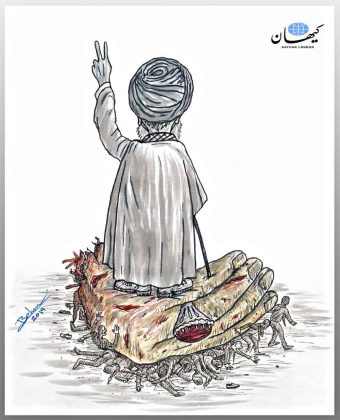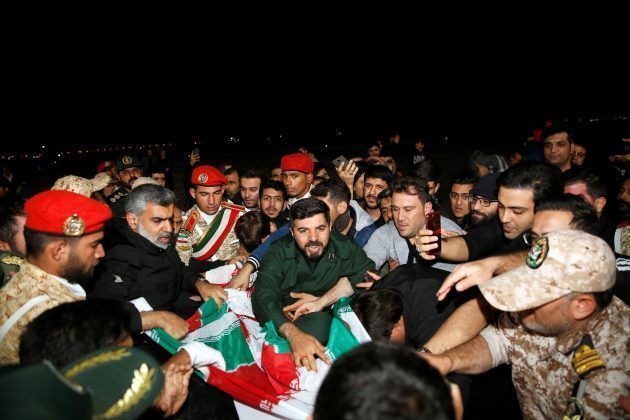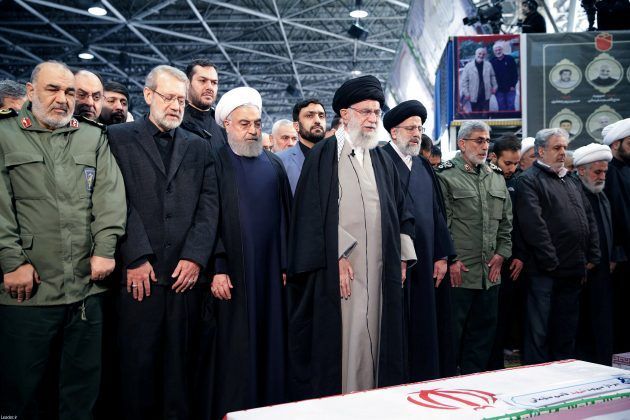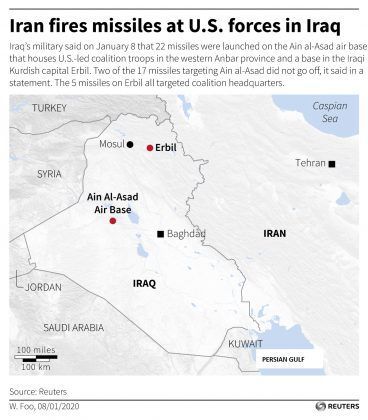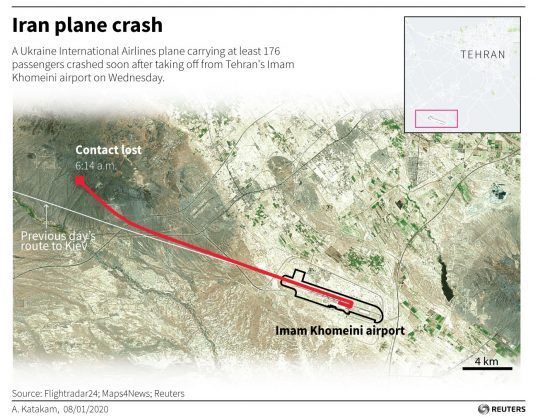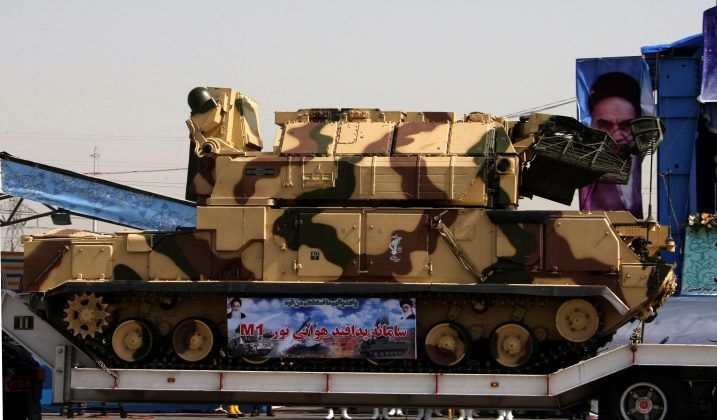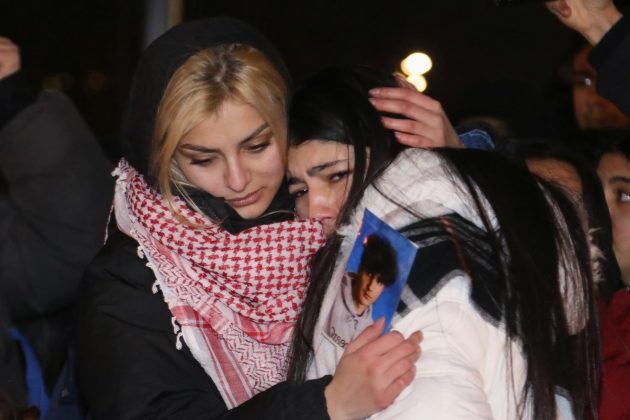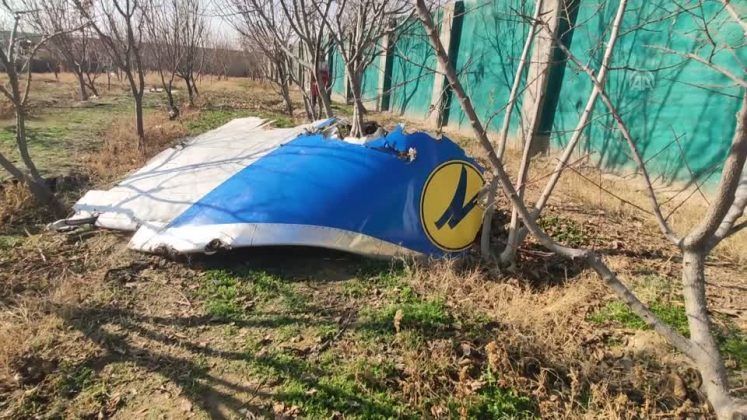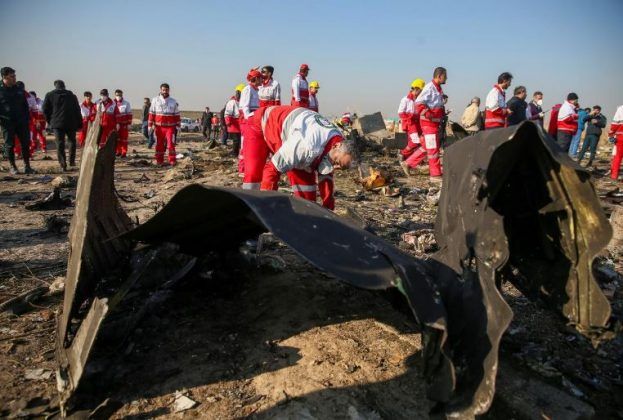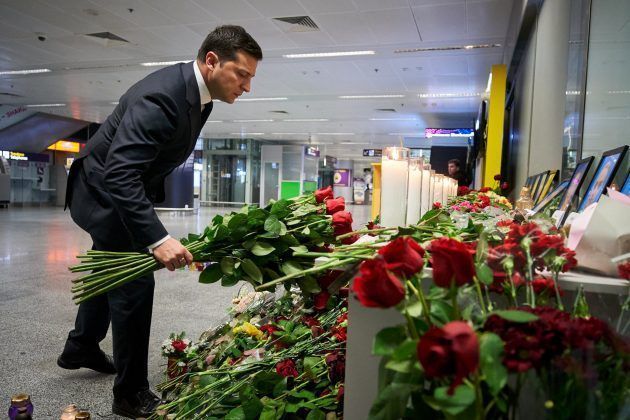The Iranian government approved missile strikes on two military bases in Iraq as part of the regime’s acts of revenge against the U.S. for its assassination of former Quds Force chief, General Qassem Soleimani. The Al Asad military base in Western Iraq, and another base in Erbil, Northern Iraq, were targeted. No military personnel were harmed, leading experts to believe that the strikes were carefully planned to ensure no loss of life, and to signal an ongoing desire not to engage in a full scale conflict.
Several cyber attacks targeting U.S. infrastructure were also believed to be part of the Iranian government’s retaliation.
In Iraq, the strikes on the military bases elicited strong reactions from Iraq’s political and religious figures. Grand Ayatollah Ali al-Sistani said attacks by the U.S. and Iran inside Iraq demonstrated a blatant disregard for Iraqi sovereignty, and that its people would suffer the most from the conflict between Washington and Tehran.
U.S. President Donald Trump responded to the retaliatory strikes by announcing a new round of sanctions on Iran, which he called “severe.” The U.S. State Department confirmed that eight senior Iranian leaders had been targeted in the latest round of penalties, including Ali Shamkhani, the Secretary of the Supreme National Security Council, Gholamreza Soleimani, the Commander of the Basij, and six other senior officials for being appointed by, or acting for or on behalf of, the Supreme Leader. Pamchel Trading (Beijing) Co was sanctioned for transferring steel from an Iranian firm named as a Specially Designated Global Terrorist. Additional sanctions were placed on twenty-two entities and three vessels for operating in the iron, steel, aluminum, or copper sectors in Iran. The U.S. State Department also confirmed more sanctions were yet to come, which would target Iran’s construction, manufacturing, textiles, and mining sectors.
A Boeing plane used by Ukraine International Airlines crashed in Iran shortly after taking off, killing all 176 passengers. U.S. security officials said the plane had been shot down accidentally by Iranian authorities, a claim the Iranian government denies. The black box was shared with Ukrainian officials, and Iranian authorities invited Boeing experts to join the investigation. Calls for an independent inquiry into the crash were made by several international leaders, including UK Foreign Secretary Dominic Raab and Canada’s Prime Minister, Justin Trudeau.
The ongoing tensions between Iran and the U.S. led European powers to express renewed concerns over Iran’s nuclear proliferation. An emergency meeting between EU foreign ministers and NATO Secretary-General Jens Stoltenberg was set up to discuss ways to de-escalate the conflict between Washington and Tehran. In another bid to reduce the possibility of a fully fledged conflict, the U.S. House of Representatives passed a resolution to stop Trump launching more military action against Iran.
- Iranian banks are severely cash strapped, and, says an expert, should all have filed for bankruptcy by now.
→ Link to source
- After a plane crash in Iran left unanswered questions about the cause of the crash, Canada, the Netherlands and France urged their citizens not to travel to the country.
→ Link to source
- An explosion at an IRGC building in Iran may have been terror-related, but Iran’s State media was quick to dismiss reports of a plot.
→ Link to source.
- And 16 year-old Alireza Firouzja, the first-ever Iranian-born male chess player to rank second in the World Rapid Chess Championship, and a chess prodigy who won the Iranian Chess Championship at age 12, said he would play under the French flag moving forward.
→ Link to source.

